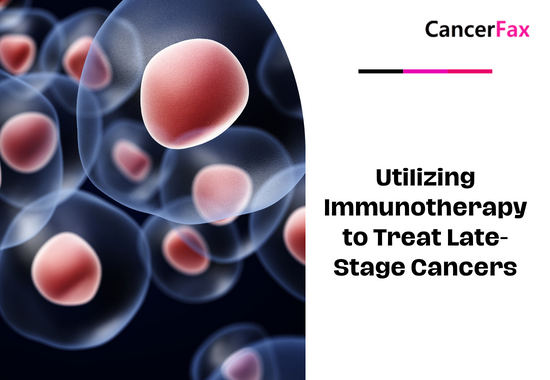BRAF mutations occur in 15% of colorectal patients. There are no targeted drugs approved by the FDA so far, and the prognosis is poor. Among them, BRAF V600E is the most common mutation.
Recently, the results of the Phase III BEACON CRC trial study announced: three-drug combination therapy of patients with metastatic colorectal cancer (CRC) who had previously received second-line treatment of BRAF V600E mutation-encorafenib (Bratovi) + binimetinib (Mektovi) + cetuxima Monoclonal antibody (erbital), compared with the combination of irinotecan and cetuximab, can reduce the risk of death by 48%.
The results of the phase III study showed that the median overall survival (OS) of triple therapy was 9.0 months, compared with 5.4 months for patients receiving cetuximab plus irinotecan.
Array BioPharma, the manufacturer of Encorafenib and binimetinib, said in a press release that it intends to submit these data for marketing approval in the second half of 2019.
MD Anderson Cancer Center principal investigator Dr. Scott Kopetz said that the BEACON CRC trial is the first phase III clinical trial in patients with colorectal patients with BRAF V600E-mutant type. It has a significant improvement over the standard combination of three drugs and is expected to change the current existing Clinical treatment plan.
Other identifications obtained by triple therapy
The US FDA previously granted the three-drug combination plan as a breakthrough treatment designation for the treatment of patients with BRAF V600E mutant metastatic colorectal cancer, which was used after failure of first-line or second-line treatment. This decision is based on the results of the safety introduction phase of the BEACON CRC trial (a trial to assess the safety of drugs).
In March 2019, the National Comprehensive Cancer Network (NCCN) updated the clinical practice guidelines for colorectal cancer oncology, combining encorafenib + binimetinib + EGFR monoclonal antibody (cetuximab) as a BRAF V600E mutant metastatic colorectal cancer patient. Type 2A treatment is recommended and should be used after 1 or 2 lines of treatment have failed.
During the safe introduction phase, 30 patients received triple therapy, 300 mg encorafenib once daily; 45 mg binimetinib twice daily; and then combined with standard cetuximab dose.
29 patients have BRAF V600 mutation and 1% of patients have microsatellite instability-high status. The results show that the triple scheme has previously shown good tolerance. According to the data provided at the 2019 Gastrointestinal Cancer Symposium, the median follow-up time was 18.2 months, and the results showed an estimated median progression-free survival of 8.0 months and a median overall survival of 15.3 months (one year many). With a local assessment of the response rate of 48%, 3 patients achieved a complete response.
Regarding safety, both the triplet and duplex schemes are well tolerated and there is no accidental toxicity. The two security features are also consistent with those seen in each of the previous studies.
This heavy study data may become the first targeted treatment plan for patients with metastatic colorectal cancer that does not contain chemotherapy drugs. This is undoubtedly an important good news for the population of patients with BRAF V600E mutant colorectal cancer who have a very high demand for effective treatment.

